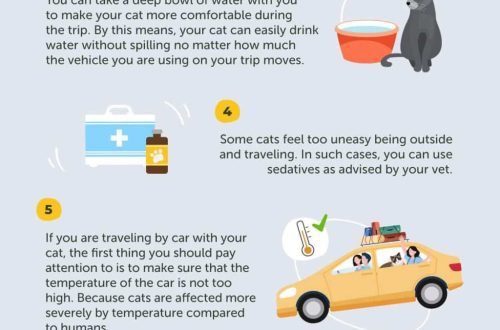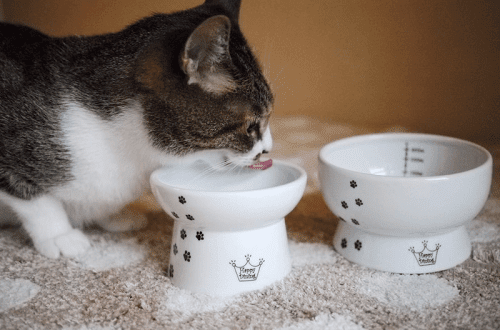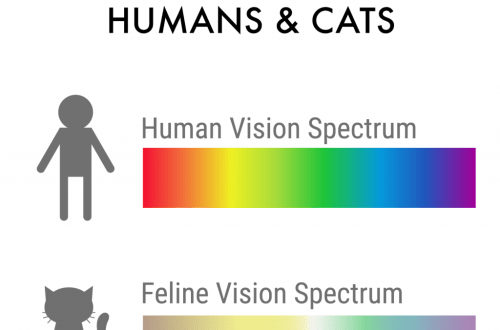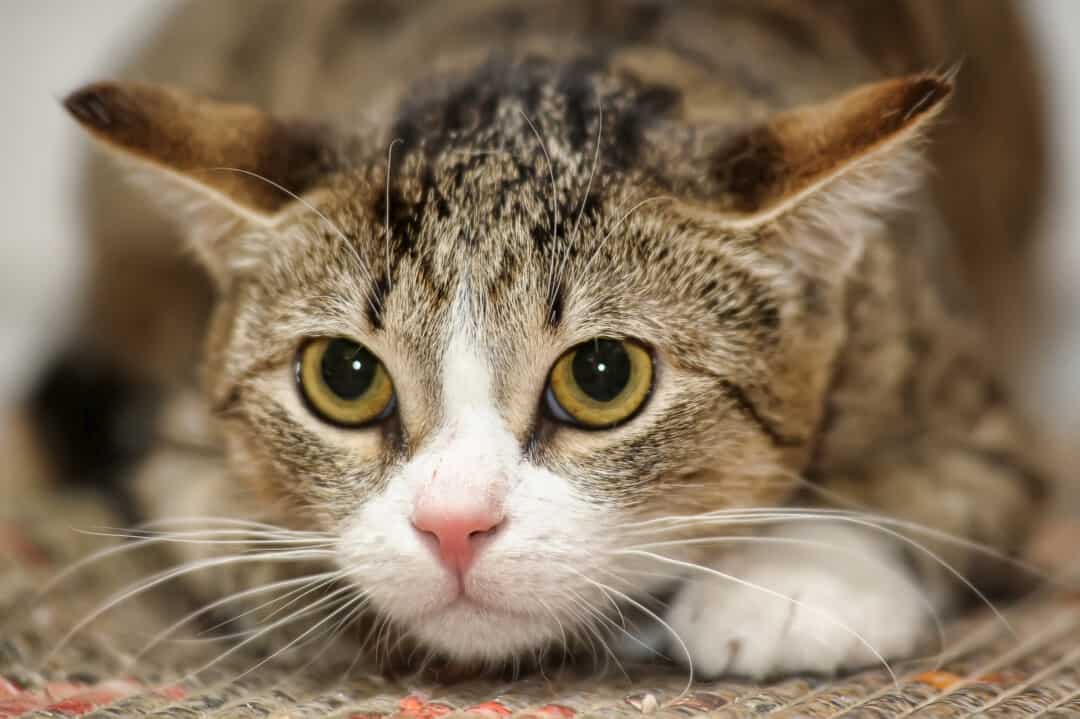
What scent repels cats?
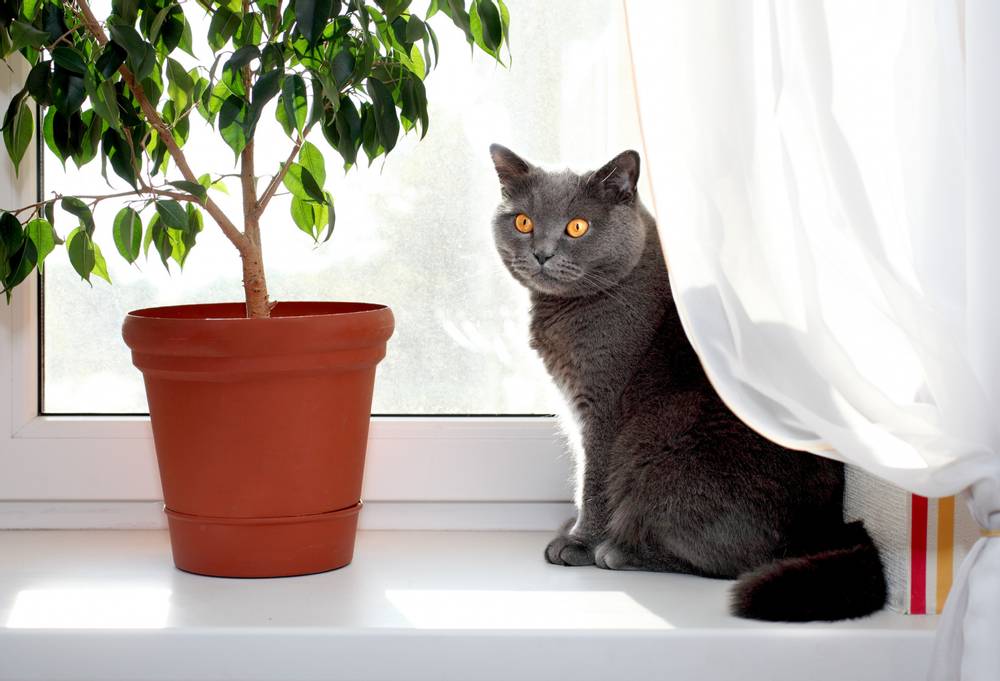
Smells you can use
If you need to correct your cat’s behavior, then you can use the smell of products that are always on hand and that will not harm the cat’s sense of smell.
Citrus
Some cats are not averse to eating the pulp of tangerines or other citrus fruits. However, the smell emitted by their peel is unpleasant for pets – caustic essential oils strongly irritate their receptors. In order to repel a cat, you can rub the surface with the peel of an orange or other citrus fruits, or put it nearby in a frayed form. If there was no fresh fruit at home, you can drip citrus essential oil. Just spraying the area with juice will not help, as it differs in composition and does not have a pungent odor.
bananas
There are videos on the Internet in which owners scare cats by suddenly throwing bananas at them. There is a theory that pets, as in the case of citrus fruits, do not like the fruit itself, but the smell exuded by its shell. The peel of a ripe banana releases a substance that smells like acetone, which repels cats. It can also be rubbed on furniture or placed next to plants.
Onion, garlic, horseradish, red pepper
Many plants form special substances that kill pathogenic bacteria, they also have an odor that repels cats. These include horseradish, red pepper, onion and garlic. To get a deterrent effect, they need to be finely chopped. Then the pieces need to be laid out in those places where the pet is forbidden to go.
However, it is still worth monitoring the behavior of the pet, since cats are all different and their sense of smell can also have individual characteristics.
It is important that the cat does not eat onions, garlic, and, especially, red pepper! It can be dangerous for her health and life.
Spices and spices
Black pepper, ground coffee, rosemary, cloves, cinnamon, and thyme release strong-smelling essential oils. In addition, in the ground state, they irritate the cat’s receptors more strongly, getting into the nose when inhaling.
Plants
Houseplants that have a strong smell and repel cats include lavender, geranium, rue, and pipe tobacco. If one of them flaunts on your windowsill, the cat will definitely not jump on it or even enter this room.
Pine, lemongrass and dog coleus also repel cats, as their leaves exude a sharp aroma. Eucalyptus essential oil is also unpleasant for a cat’s nose.
Smells to Avoid
Our lives are filled with smells, which are often not only very unpleasant for our pets, but can also be harmful to their health. In order to preserve the cat’s olfactory system, it is worth reducing the use of the following products as much as possible:
Soap and deodorant
Many people prefer industrial cosmetics. Most of them consist of non-natural components that adversely affect health. Not only do cats have a better sense of smell than humans, but they also have a more delicate mucous membrane that can be easily damaged if heavily scented products are used.
Perfumes and alcohol
Heavy evening perfumes, colognes, and strong alcohol can also irritate the cat’s nasal mucosa, which can dull the sensitivity of the receptors over time. In addition, it leads to irritation of the nervous system.
Vinegar, acetone and household chemicals
Acetic acid, which is part of vinegar and acetone, irritates the respiratory mucosa and can cause burns. The dangerous concentration of the substance for cats is much less than for humans, so these products should be used away from pets. Household chemicals are also unsafe for animals.
Each cat reacts differently to the above foods. There are individuals who are more sensitive to odors, and there are more resistant ones. In order to understand what kind of smell repels your cat and how to use it correctly, you need to know the characteristics of your pet.
At the same time, it is important to remember that even the most odor-resistant cats have the same mucous membrane as others, so inorganic substances harm them just as much as the rest.
Photo:



